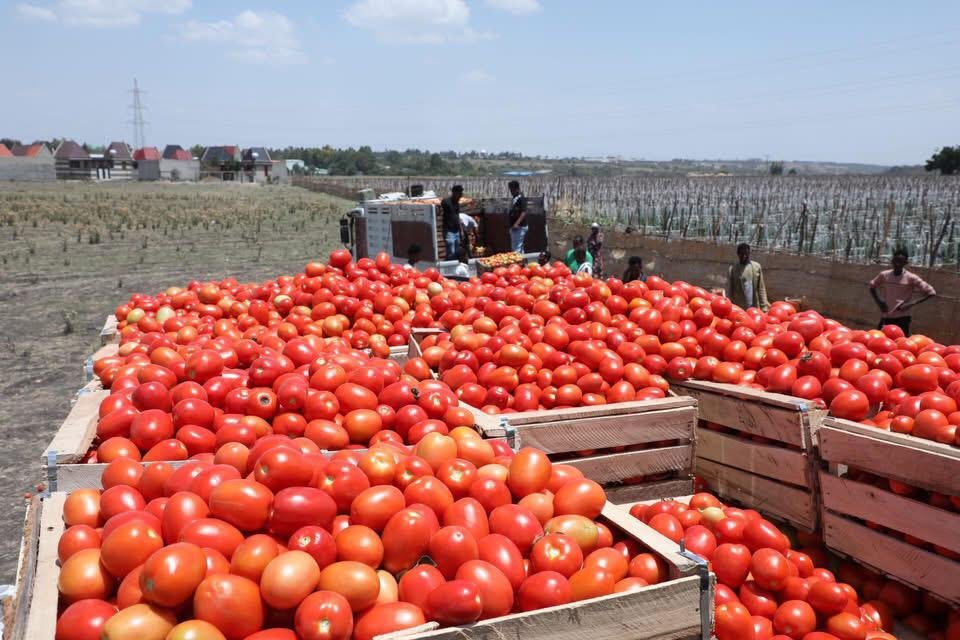
By Addis Assefa
 For generations, Ethiopia’s fertile lands have been synonymous with sprawling rural farms.
For generations, Ethiopia’s fertile lands have been synonymous with sprawling rural farms.
But a quiet revolution is taking root within-the bustling towns and city limits, transforming urban landscapes into vibrant hubs of agricultural activity.
 Under the leadership of Prime Minister Abiy Ahmed, Ethiopia is embracing urban agriculture as a key strategy for bolstering food security, fostering economic empowerment, and promoting sustainable development.
Under the leadership of Prime Minister Abiy Ahmed, Ethiopia is embracing urban agriculture as a key strategy for bolstering food security, fostering economic empowerment, and promoting sustainable development.
The government has implemented comprehensive programs informed by research and targeted initiatives, to cultivate the growth of urban agriculture, yielding tangible progress across the nation.
“We are witnessing a remarkable transformation,” Addisu Arega, Coordinator of rural development cluster with the rank of vice president of the Oromia regional state, shared in a recent social media post.
“The initiatives we’ve seen in urban areas, particularly in poultry farming, beekeeping, and the cultivation of fruits and vegetables, and many more are truly commendable.”
 Since 2019, Ethiopia has embarked on a series of ambitious reforms aimed at revitalizing macroeconomic policies and championing home-grown solutions. Urban agriculture has emerged as a critical component of this strategy, offering a pathway to diversify livelihoods and build resilient communities.
Since 2019, Ethiopia has embarked on a series of ambitious reforms aimed at revitalizing macroeconomic policies and championing home-grown solutions. Urban agriculture has emerged as a critical component of this strategy, offering a pathway to diversify livelihoods and build resilient communities.
In the Oromia region, urban dwellers are already experiencing the tangible benefits of this shift. urban dwellers are now easily accessing fresh produce grown through urban agriculture, as highlighted in recent social media posts by the Rural Development Cluster Coordinator.
 Families are supplementing their diets with locally grown produce, generating income through the sale of surplus goods, and contributing to a more sustainable urban ecosystem.
Families are supplementing their diets with locally grown produce, generating income through the sale of surplus goods, and contributing to a more sustainable urban ecosystem.
This focus on urban agriculture reflects a broader vision of inclusive growth and shared prosperity.
By empowering communities at the grassroots level, Ethiopia is cultivating a future where cities are not just centers of commerce, but also vibrant sources of food, opportunity, and resilience.
 The initiative aligns perfectly with the government’s commitment to building a more sustainable and equitable future for all Ethiopians.
The initiative aligns perfectly with the government’s commitment to building a more sustainable and equitable future for all Ethiopians.
This innovative approach offers a compelling model for other African countries seeking to be address food security challenges and promote sustainable urban development.








